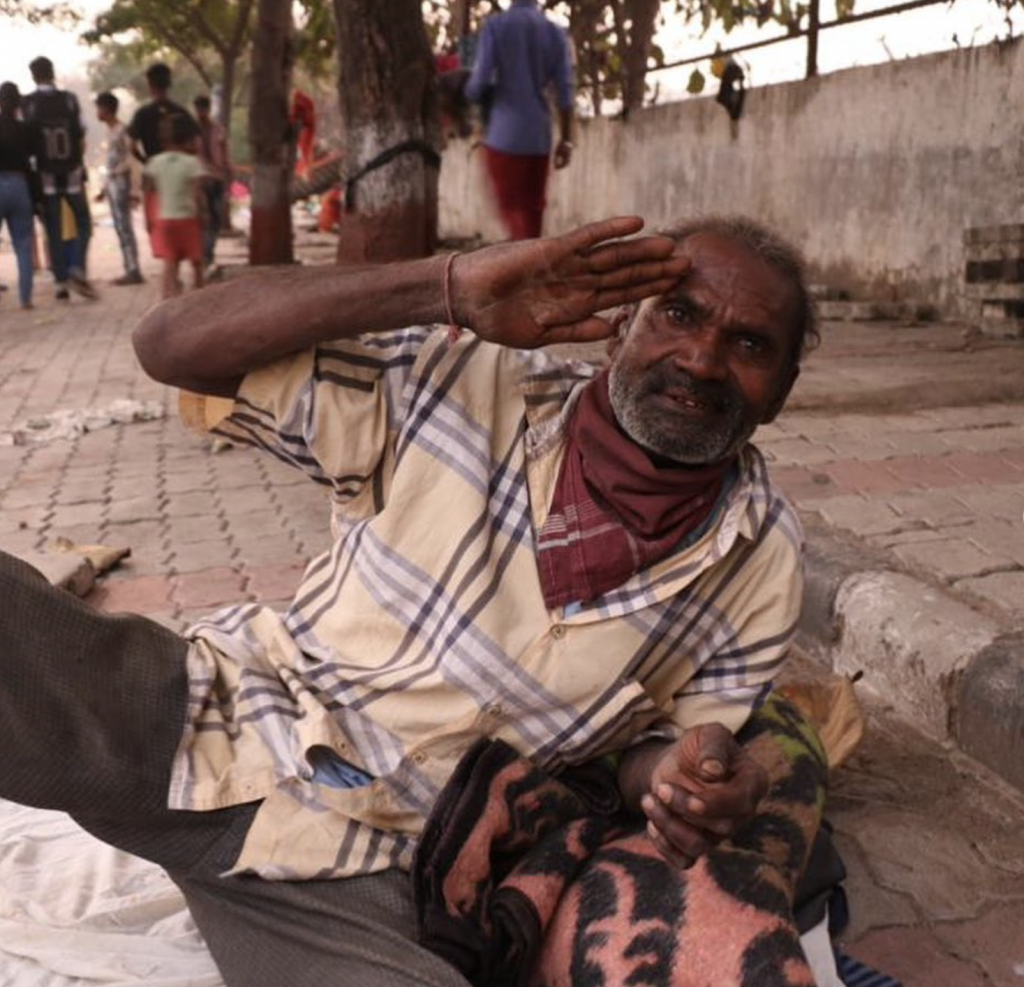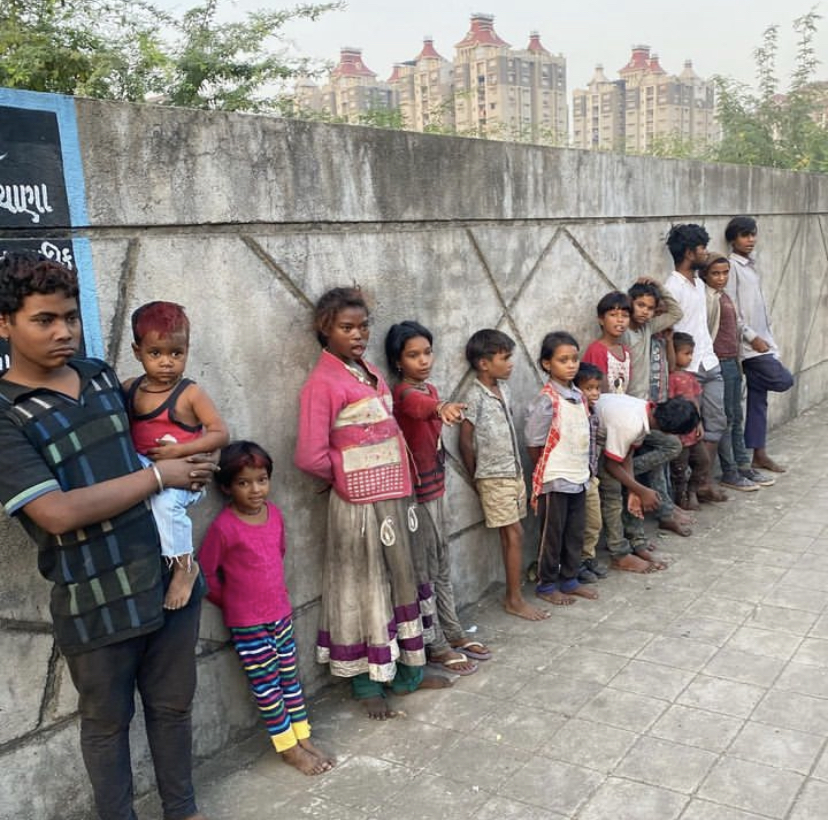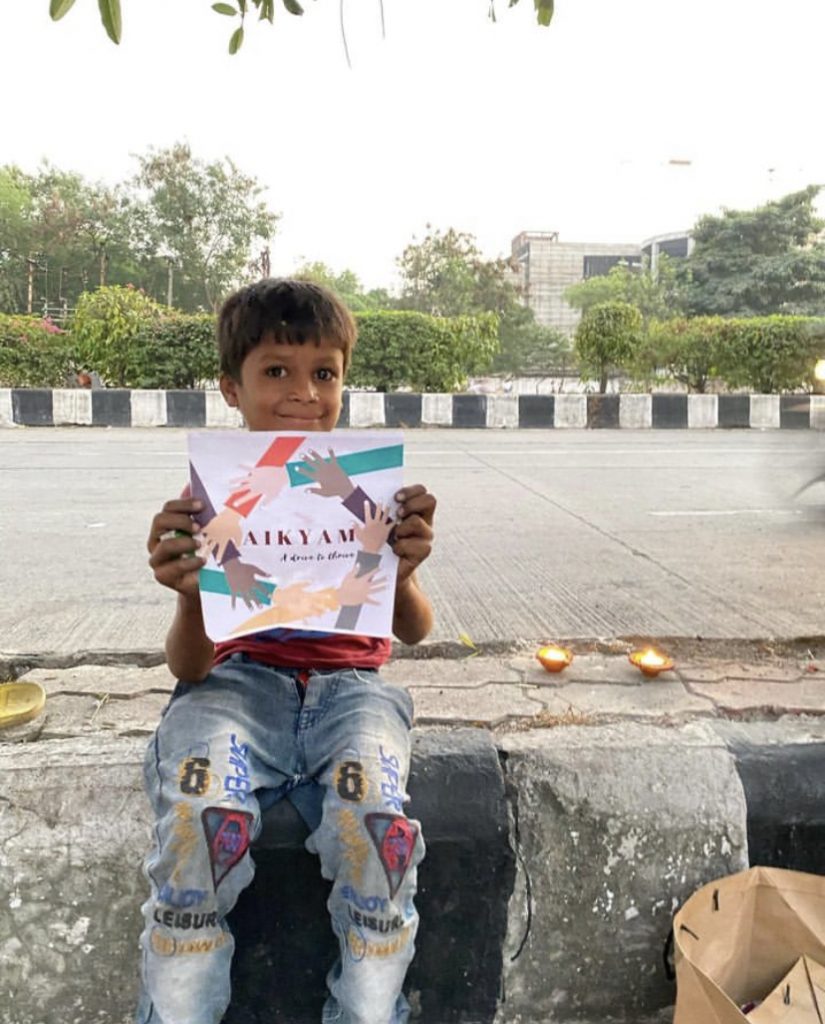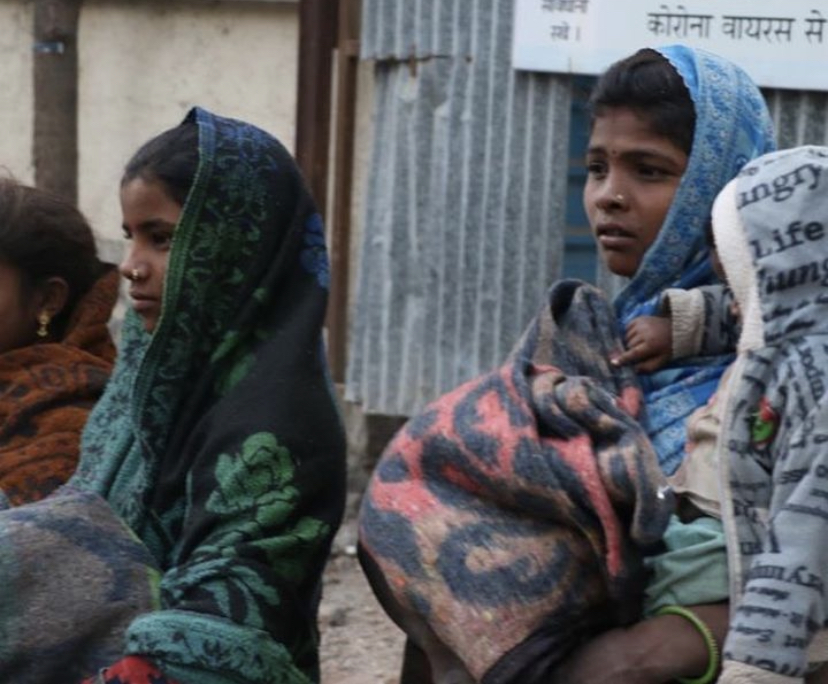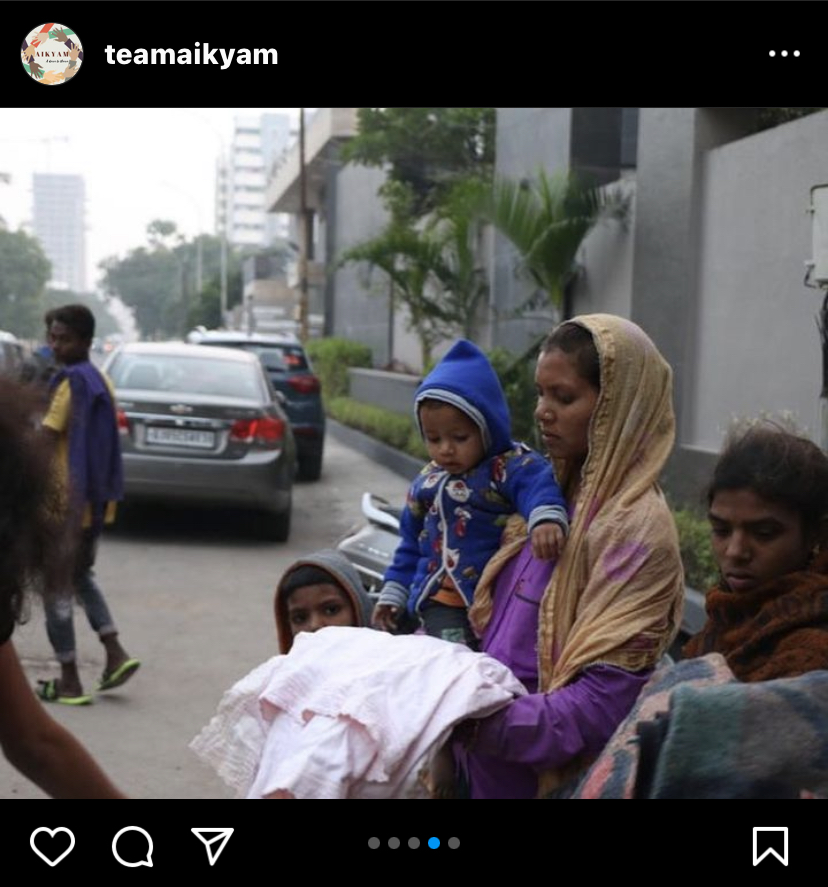I come from a punjabi family that has always raised me up in a manner where I help those in need whenever I can. From a very young age, my mom especially taught me how donating really works and how that benefits you as an individual. My mom always recited me the saying that goes “you get what you give”. It is also believed that if you give, you receive a greater amount of fortune back in your life.
For this CAS experiment, I donated blankets to the indigent. Surat is a large city that consists of several indigent people with absolutely no basic needs being fulfilled. For this CAS experiment I tried to eliminate at least one of those problems for a few people that I found. I conducted this experiment in the month of December 2022 because I thought the indigent would require these blankets the most in the winter season.
Donating Blankets not only help those in need, but it also helps the environment to help conserve energy. Blankets require gallons and gallons of water to be made for us to wear. That means, if roughly 1000 people donated blankets, it would save nearly a million gallons of water every single year. While this is an amazing act of kindness, we do have to keep a few things in mind while we donate Blankets.
I made sure that the Blankets that I donated were in an amazing condition with absolutely no tears, no rips and were not faulty pieces that make it difficult for the person to cover themselves up from the cold weather. I picked out tons of blankets from my cupboard that I thought would not be used by me anymore and then decided to give them away to little kids and elderly people that really needed them. Also, I made sure that all the Blankets that were handed out to these people were throughly washed and were ironed.
The learning outcome of this project was majorly learning outcome 6: demonstrate engagement of issues with global significance. Everyone is aware that poverty is an extremely common issues in a country like India. According to the 2019 statistics, Surat had roughly around 11000. beggars in the year. I believe that this issue is very concerning and I really believed that if everyone comes together to solve a problem like this, they will definitely be able to save a few people.
Participating in a blanket donation drive in the neighbourhood was a valuable CAS experience that allowed me and my peers to recognise and consider the ethics of our choices and actions, in line with learning outcome 7.
As a participant in this experience, I learnt about the importance of researching the organisation I planned on donating the blankets to. This involves learning how to identify reputable and ethical organisations that use donations responsibly to support those in need. I also learnt about the potential negative consequences of donating to organisations that may not operate ethically, such as those that exploit the donation for personal gain or fail to distribute the blankets to those who truly need them.
Through this project I also developed my understanding of the impact of collecting blankets from the neighbourhood. They can learn about the importance of seeking permission from residents before collecting the blankets, respecting their privacy and property, and ensuring that the collection process is done in an organized and respectful manner.
Furthermore, participating in a blanket donation drive in the neighbourhood can help us learn about the sustainability of philanthropic efforts. We developed an understanding of the importance of creating sustainable donation programs that can support those in need over the long term, rather than just providing one-off donations.
Overall, participating in a blanket donation drive in the neighbourhood was a valuable CAS experience that allowed me to recognise and consider the ethics of my choices and actions. By learning about the importance of ethical philanthropy, respecting the privacy and property of others, and promoting sustainable donations, I believe I made a positive impact on their community while also upholding their values as ethical professionals.
